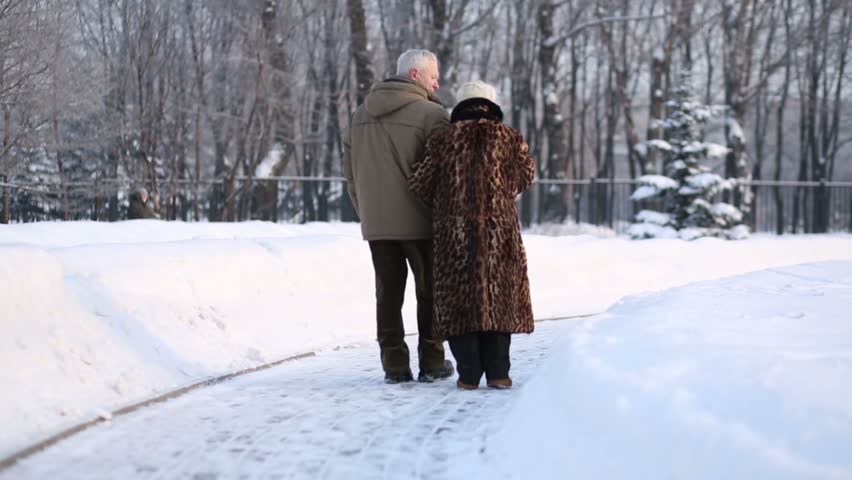
Frostbite can cause damage to the skin and progress to the bone. It usually affects the nose, ears, cheeks, chin, fingers, and toes. Frostbite can even result in loss of limbs. Seniors with heart disease and other circulation problems are at risk. Prevention includes covering up all parts of the body when going outside. If skin turns red, dark or starts to hurt it’s time to go inside right away.
Symptoms of frostbite include skin that’s white, ashy or grayish-yellow; feels hard or waxy; or is numb. If frostbite occurs, place frostbitten parts of the body in warm (not hot) water, and call for medical help immediately. A person with frostbite may also have hypothermia, so check for those symptoms, too.
Heart attacks and high blood pressure are more common in winter because cold snaps increase blood pressure and strain on the heart. The heart has to work harder to maintain body heat, while falling temperatures may cause an unhealthy rise in high blood pressure ─ especially in seniors. In winter, blood pressure increases are seen in both the systolic (top) and diastolic (bottom) numbers.
Possible explanations of the cold weather effect include activation of the sympathetic nervous system that helps control how the body responds to stress, and release of the hormone catecholamine, which may increase blood pressure by speeding the heart rate and decreasing the responsiveness of blood vessels.
Winter depression is common to seniors, and this can make them perceive pain more acutely. Everything feels worse, including medical conditions. Vitamin D can help. Encourage seniors to consume foods fortified with Vitamin D, such as milk, grains, and seafood like tuna and salmon.
Lung spasms can occur in seniors with respiratory conditions, including asthma and COPD. Seniors are particularly sensitive to cold air, which can trigger these spasms. Suggest using face or “ski” masks from an outdoor or sporting goods store to use their own breath to warm the air before it enters the lungs.
Influenza can result in pneumonia in seniors. Flu vaccines, while not always effective in preventing the illness, can reduce the severity of the symptoms and protect against complications. Flu vaccines are strongly recommended for persons 65+ years old and those who suffer from chronic health problems such as heart disease, respiratory problems, renal disease, diabetes, anemia, or any disease that weakens the body’s immune system. Persons allergic to eggs or who have a high fever, however, should avoid or postpone getting a flu shot. Because the influenza vaccine is only effective for one year and viruses vary annually, it is necessary to get a flu shot every year. Do so early, since it takes about two weeks to develop full immunity. However, even a shot in January may protect against a late winter outbreak.

